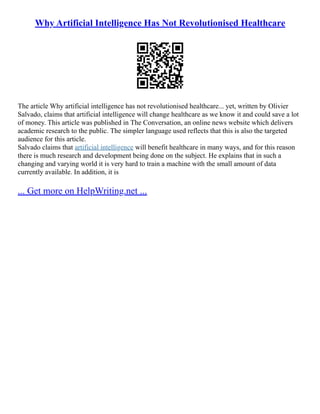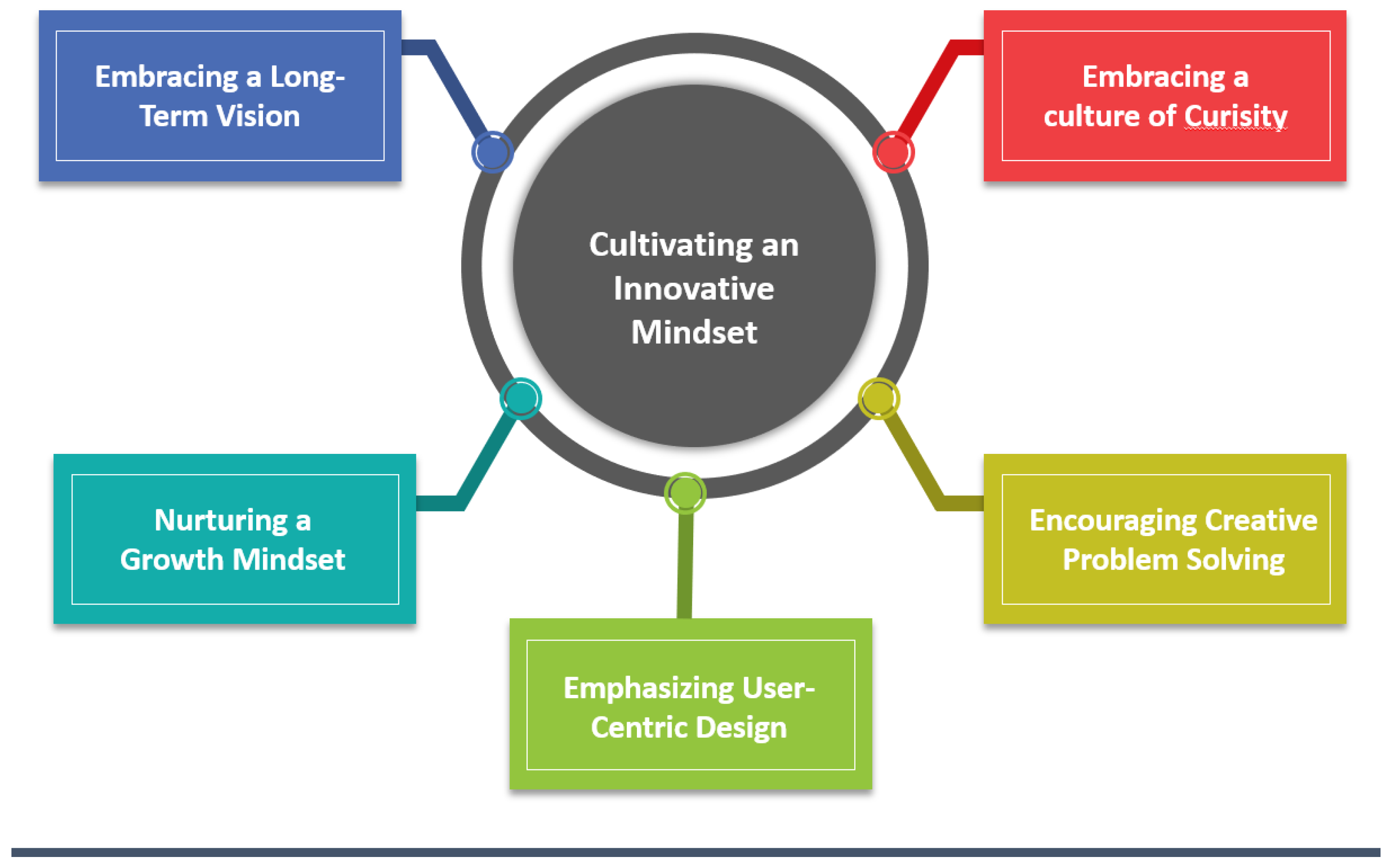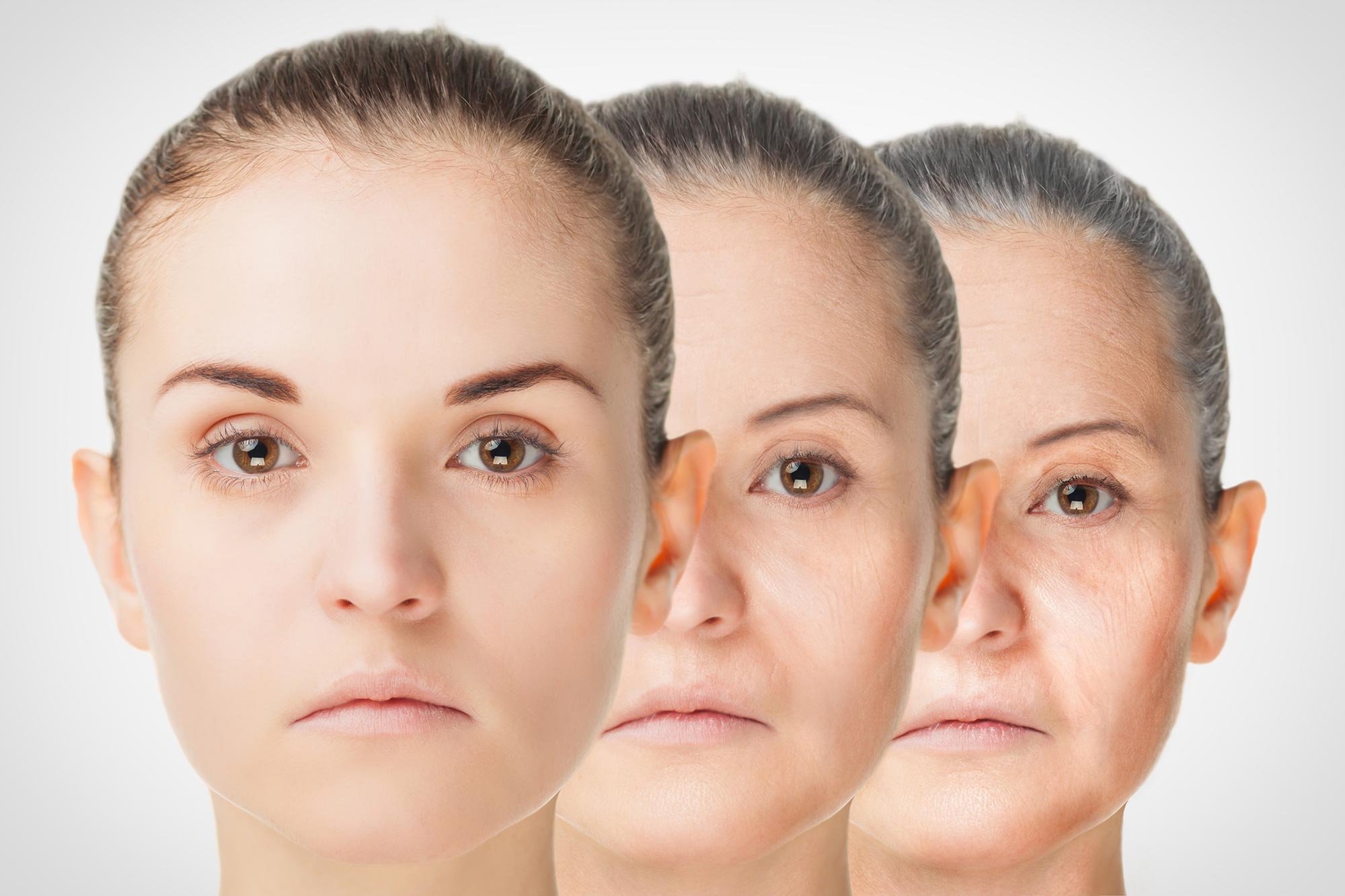- Home
- anti aging
- AI revolutionises ageing research: Promising anti-aging compounds discovered - The Week
AI revolutionises ageing research: Promising anti-aging compounds discovered - The Week
4.6 (433) · $ 31.99 · In stock
Researchers from the University of Edinburgh and the Spanish National Research Council have harnessed the power of artificial intelligence (AI) to discover three potent molecules that could potentially slow down the ageing process. The study, led by Integrated Biosciences, a biotechnology company dedicated to ageing research, demonstrates the tremendous potential of AI in uncovering novel senolytic compounds capable of suppressing age-related processes such as fibrosis, inflammation, and cancer.

Why Artificial Intelligence Has Not Revolutionised Healthcare
How will AI impact the future of healthcare and medical advancements? - Quora

IJMS, Free Full-Text

Big Ideas for the Future - Research Councils UK

Artificial intelligence for aging research in cancer drug development

In the pursuit of longevity: anti-aging substances, nanotechnological preparations, and emerging approaches

Tyrosine Kinase Inhibitors and their role in treating neovascular age-related macular degeneration and diabetic macular oedema

The Sovereign Individual: Mastering the Transition to the Information Age: James Dale Davidson, William Rees-Mogg: 8601300369709: : Books

AI identifies three new antiaging senolytic candidates

JCM, Free Full-Text

Sustainability, Free Full-Text

AI revolutionises ageing research: Promising anti-aging compounds discovered - The Week

Opinion Paper: “So what if ChatGPT wrote it?” Multidisciplinary perspectives on opportunities, challenges and implications of generative conversational AI for research, practice and policy - ScienceDirect











